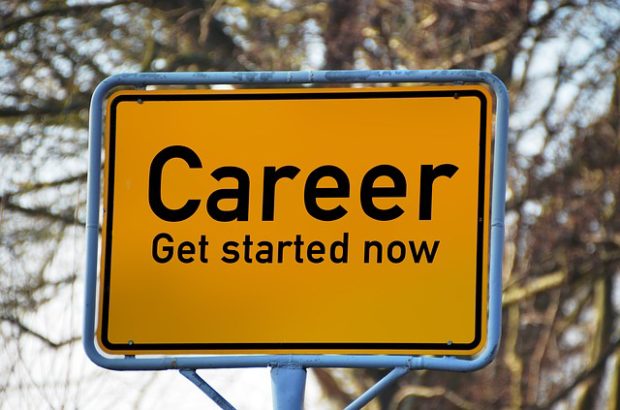America Needs Financial Education
As you know, I’m very passionate about helping others become financially savvy. I have a strong belief that having a good relationship with money positively affects every area of a person’s life. I was doing some research last night for a financial education program I’m working on with FELA and found an article that gave some interesting facts worth sharing.
• Fewer than 10 states require a unit of structured personal finance education in public schools.
• High school students who aren’t exposed to financial education by the time they graduate will rarely receive it in college either.
• Many colleges are starting voluntary series of weekend and evening seminars, or “boot camps” but the programs are very rarely required courses.
• According to student loan company Nellie Mae, the lack of financial education carries over into adult hood and leaves one in ten students with more than $7,000 in credit card debt before they graduate college.
•Many parents choose never to bring up money to their children. Perhaps because they are insecure about it themselves. Therefore many Americans grow up without having established good habits.
• Those who need financial education programs the most, are the least likely to seek them out due to intimidation, or a perception that the programs are too expensive/require too much time.
In my opinion, our current economic situation begs the question: where were our financial literacy programs when we needed them the most? I feel that America is paying the price for being greedy, which is only enhanced by the large number of people who are not financially literate.
I saw the lack of financial education first hand when selling sub-prime mortgages to clients of all socio-economic backgrounds at my first job out of college. It was disturbing to me how little my clients knew about a simple mortgage refinance, or that they were being charged interest upon interest daily on their pile of credit card debt.
Oddly enough, my experience would suggest formal education has no relationship to financial literacy, as it was often the clients with several degrees that struggled with their finances the most.
The economy is in shambles. People can no longer afford their homes. Americans are drowning in credit card debt. Most twentysomethings are stuck with heaps of student loans and can barely make ends meet. Many baby boomers just realized they haven’t saved nearly enough for retirement.
How could this crisis have been helped by simply integrating financial education into schools, colleges and even businesses from day 1?
Perhaps if American’s had been exposed to personal finance early on, they would’ve considered buying more conservative homes and cars, saving a little more for retirement, or not spending their money aimlessly just to promote the image of having achieved “The American Dream.”
As I always say, we had it coming to us. The economic meltdown is no surprise especially considering most Americans entered adulthood with no preparation or tools of how to combat the inevitable challenges that they would face. I hope that financial education becomes a top priority for America from here on out. At least then we’d have a chance of making the next generation a bit better than ours




